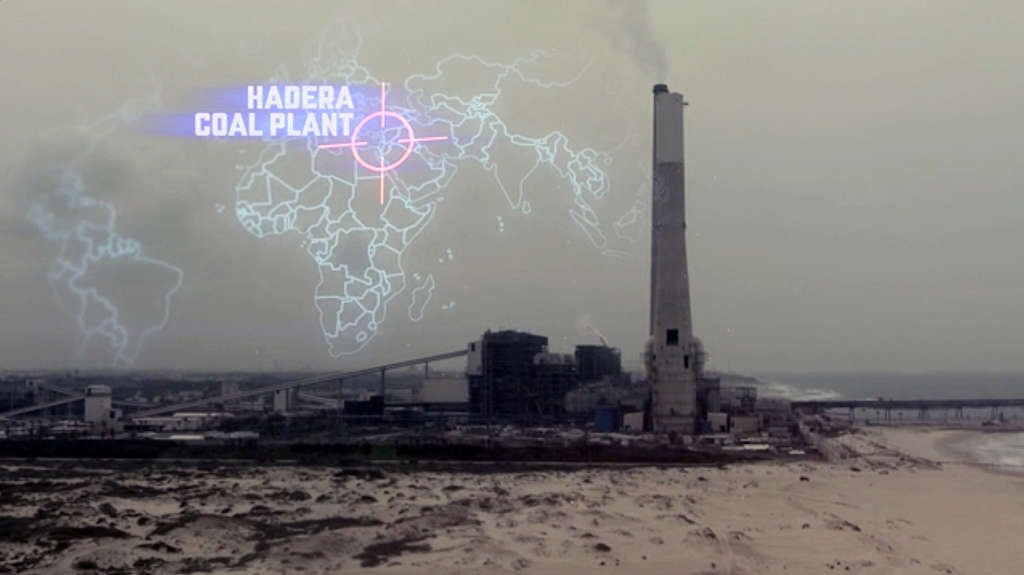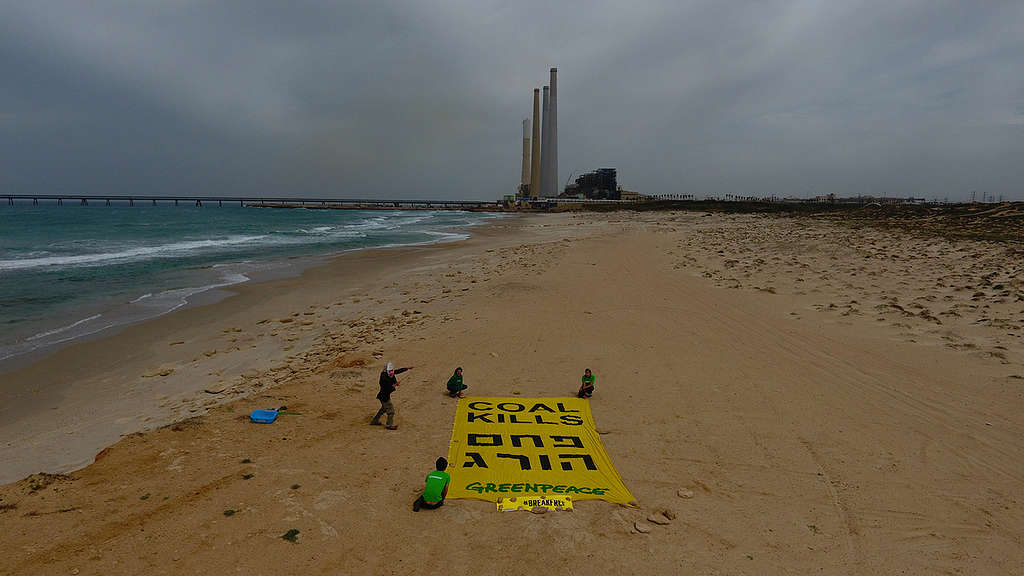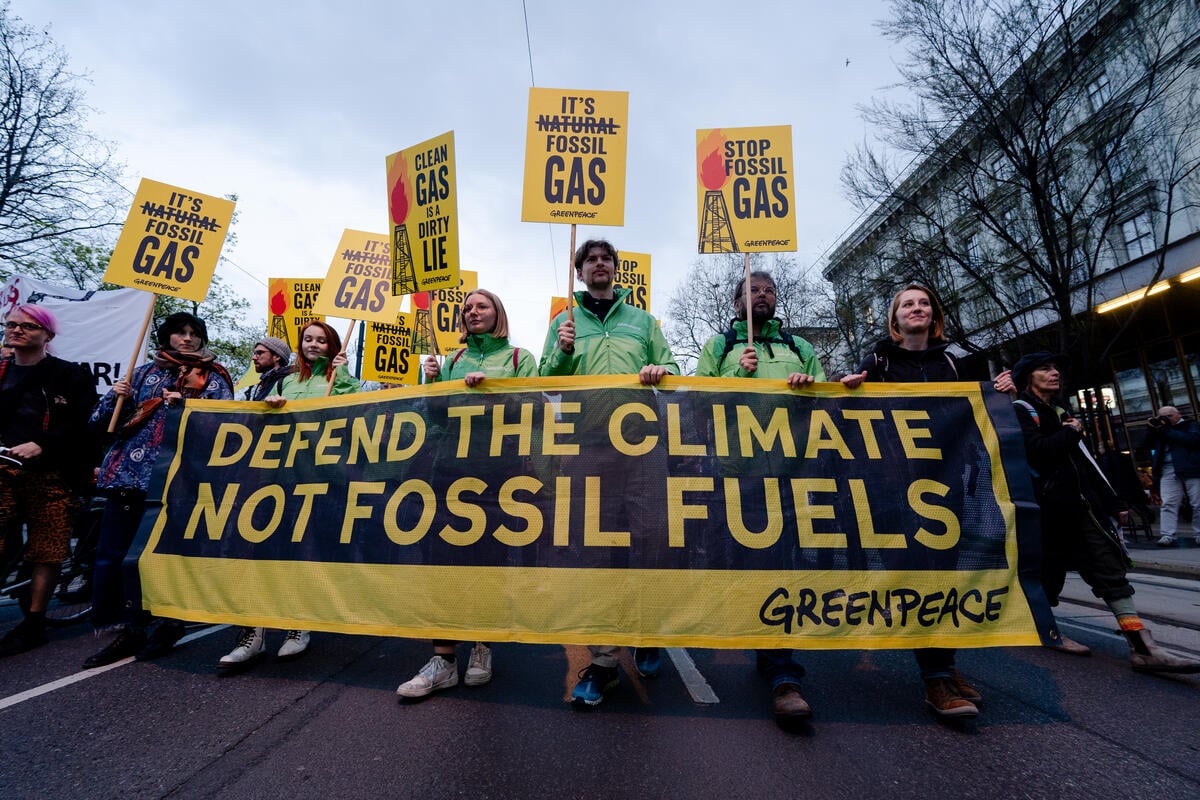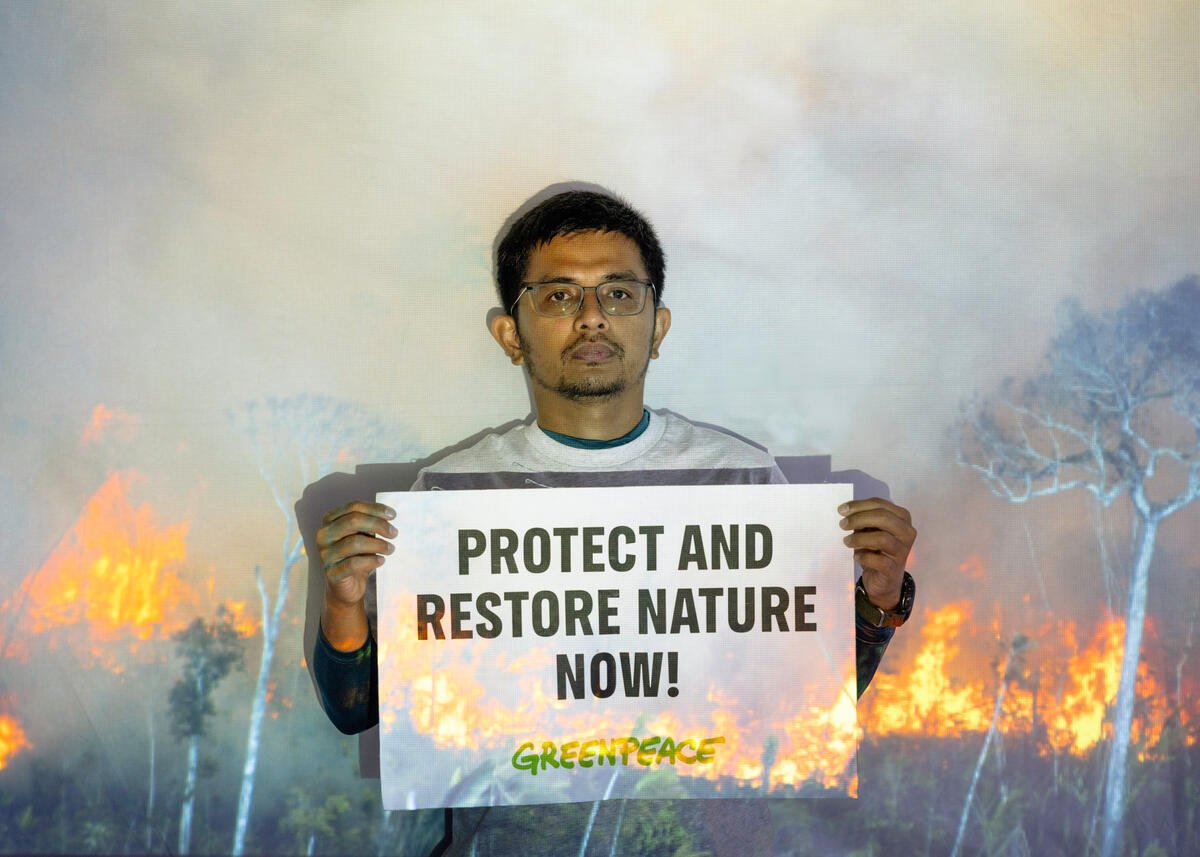In a victory for all of us campaigning for a renewable future, Israel’s Minister of Energy, Yuval Steinitz, recently announced that Israel will be free of coal and oil by 2030.
Coal has always been seen by Israel’s electricity sector as its most reliable source of energy. It was the country’s main source for generating electricity as late as 2014, with hundreds of tonnes being burned in two large coal plants; Ashkelon in the south and Hadera in the north.

Hadera coal plant in Israel
We all know that coal is an incredibly destructive way of generating electricity. It’s a major source of global greenhouse gases emissions and responsible for over 800,000 premature deaths and millions more serious illnesses. A coal plant emits dozens of tons of fine particles, nitrogen and sulphur dioxides that travel hundreds of kilometres and affect the health of many people in the surrounding area and beyond.
When told to decrease the level of emissions from these plants, the Israel Electric Corporation, with the support of Energy Ministry, decided that installing scrubbers (devices which remove dangerous particles from exhaust streams) at a cost of more than €1 billion, was the best way around this.
We campaigned against the installation of these scrubbers in 2016, and encouraged them to shut down the coal units entirely. Now, two years later, not only have we achieved a commitment by the Minister for Energy to shut them down before June 2022, but also a promise that by 2030 no coal will be burned to produce electricity and there will be no further imports of internal combustion engines.

#BreakFree action in front of Hadera coal plant
How did we get here?
At the beginning of our campaign we emphasized that maintaining these old coal units would be a triple mistake: bad for public health, bad for public finances, and bad for our climate.
Israel signed the Paris Agreement a few months before we started the campaign. Even the very modest targets for the reduction of greenhouse gas emissions made it evident that without shutting down some coal units, Israel will not fulfill its commitments.
Alongside local campaigners, we emphasised how Steinitz’s energy policy was old-fashioned and damaging to the environment and public health. Through the media and by directly contacting the ministry’s offices, we helped him understand that his policies wouldn’t leave a very good future for the next generation.

We give Steinitz an award for being the best worker in the coal industry. The banner reads “Steinitz, don’t work for coal, advance to solar energy”
Now it seems that he’s got the message and understood the damage that he was doing. Within a few months he announced that the four old coal units at Hadera will be shut down by 2022 and there will be a continual decrease in coal combustion for electricity. On top of this, he announced that Israel will be coal and oil free by 2030. The Ministry of Energy has also started developing a coherent and proactive policy to use more solar energy, which is currently only 3% of the electricity mix.
Under increasing public pressure, Steinitz has been advocating for public health and environment protection as essential pillars of his energy policy. In his vision, cars and buses should be electric, trucks should run on gas, and electricity should be generated by gas and renewable energy.
We’ll keep on pushing for 100% renewable energy, with solar power at the centre — to help keep the Earth safe for future generations.
Join the global movement to #BreakFree from fossil fuels.
Jonathan Aikhenbaum PhD is the campaigns manager with Greenpeace Israel



